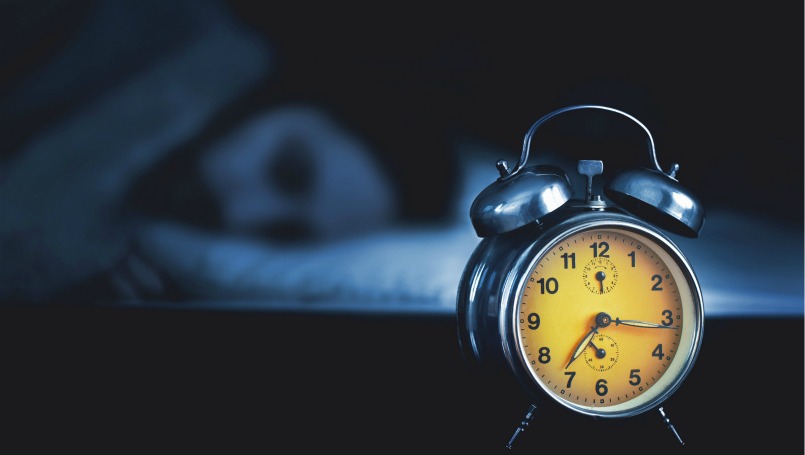
Sleep is an essential part of life. It helps the body recover from illness and injury and without it, we cannot function up to par. However, many of us tend to stay up late and wake up early, and then wonder why we always feel tired.
Instead of trying to “catch up” on sleep, encourage yourself to take the time to discover and fix the reason why you might not be getting enough sleep. These sleeping tips just might help you fall asleep quicker and improve the quality of sleep you're getting.
NAP SMART
Napping may relieve stress and thwart feelings like frustration and impulsiveness. However, napping does not make up for lost sleep because it does not give your body enough time in deep sleep, the most restorative stage of sleeping.
Lyle Victor, M.D., Beaumont pulmonary and sleep medicine specialist, says naps may also be very beneficial in improving alertness and performance.
Get the most out of your nap by:
- Limiting your nap to 20 to 30 minutes. Longer naps can leave you feeling groggy and more likely to make mistakes shortly after awakening
- Napping later in the day can interfere with your ability to fall asleep at night
- Limiting distractions by turning off your cell phone, computer and television
“The sleepiest time of day for most people is between 2 and 4 p.m. Even a 10 minute nap can be very refreshing,” explains Dr. Victor. “Set an alarm clock, though, because if you start sleeping too long you will have difficulty initiating and maintaining sleep at night.”
KEEP A DIARY
Keeping a sleep diary or using a fitness/sleep tracker can help you keep tabs of your sleep patterns. It is suggested to include:
- the time you go to bed each night
- the time you wake up each morning, and when you get out of bed
- if and when you take a nap
- if and when you exercise
- consumption of any alcohol or caffeine
EAT, DRINK AND BE HEALTHY
Your body is a machine that will stay running as long as it is provided something to metabolize. Avoid going to sleep on a full stomach, especially if it’s loaded with foods high in fat and salt.
It is also suggested to avoid caffeinated beverages after the morning because it can stay in your system for up to 12 hours, which might be the reason you’re having trouble falling asleep at night. Try subbing coffee for an herbal tea after lunch.
Avoiding caffeine and alcohol is the number one thing you can do to improve sleep advises Dr. Victor. “The older a person gets the less able they are to metabolize caffeine quickly. For some people, even one cup of regular coffee can generate sufficient caffeine to cause difficulty initiating sleep.”
BUILD A SLEEP ROUTINE
It is recommended to do something that relaxes you at the end of each day to shut off stress. Try slowing down with a routine that promotes relaxation like a warm cup of chamomile tea, slow stretches, deep breathing, listening to calming music or meditating.
Dr. Victor says the best sleep routine has a regular wake up time (within an hour). He tells patients to go to bed when they want, but always get up at a regular time and, “Get some early morning sun to reset the biologic clock.”
TALK TO A DOCTOR
Sleep problems can be treated or managed by talking with your doctor about any sleep complications. Some health conditions or medicines may be the cause of disrupted sleep.
“There is no drug or substitute for a good night’s sleep,” explains Dr. Victor. “Most people need 7.5 to 9 hours of solid sleep.”
